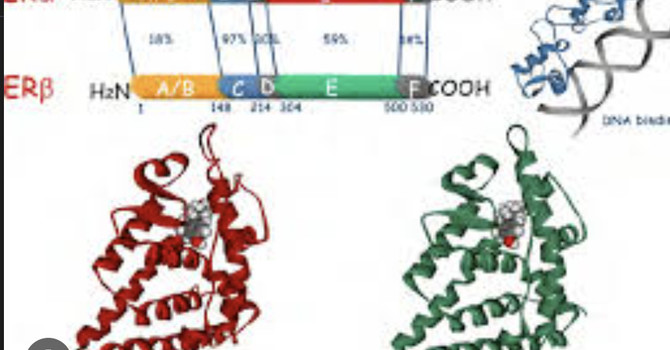
Have you ever wondered why menopause brings more than just hot flashes? Recent research has uncovered a fascinating link between hormonal changes during menopause and your gut microbiome. This connection might explain many of the symptoms and health risks associated with this transitional period in a woman's life.
The Estrobolome: Your Gut's Hormone Hub
Your gut is home to trillions of microorganisms collectively known as the microbiome. Within this diverse ecosystem lies the estrobolome, a subset of microbes that plays a crucial role in metabolizing and regulating estrogen levels(1,2). During menopause, as ovarian hormone production declines, this delicate balance is disrupted, leading to a cascade of effects throughout the body.
How Menopause Reshapes Your Gut Microbiome
Studies have shown that menopause significantly alters the gut microbiome:
- Decreased diversity: Postmenopausal women tend to have lower gut microbiome diversity compared to their premenopausal counterparts(5).
- Shift towards a male-like microbiome: The postmenopausal gut microbiome shows a shift toward greater similarity to the male gut microbiome (2,5).
- Changes in bacterial composition: There's a noticeable change in the types of bacteria present, with some beneficial strains declining and others increasing(2,5).
Real-Life Impact: Claudia's Story
Claudia, a 52-year-old woman, experienced the gut-menopause connection firsthand. Once blessed with an ironclad digestive system, she suddenly found herself battling:
- Unpredictable bouts of reflux and diarrhea
- Painful cramps and irregular bowel movements
- Unexplained weight gain, especially around the belly
- Blood sugar levels creeping into the pre-diabetes range
Despite following conventional advice to reduce calories and opt for low-carb alternatives, Claudia felt worse than ever.
The Hormone-Gut Dance
The relationship between hormones and gut health is a two-way street:
- Hormones feed gut bacteria: Higher levels of estrogen and progesterone boost gut bacteria diversity (1,4).
- Gut bacteria recycle hormones: A diverse microbiome helps recycle and circulate hormones back into the bloodstream
- Gut barrier protection: Sex hormones help maintain the integrity of the gut lining(4).
Beyond Digestion: Wider Health Implications
The gut-menopause connection extends far beyond digestive issues:
- Bone health: Some early research suggests that manipulating the gut microbiome might help keep bones strong during menopause(5).
- Cardiovascular risk: Postmenopausal women face an increased risk of heart disease, which may be partly linked to gut health changes(4,5).
- Mood and cognition: The gut-brain axis plays a role in mood swings and cognitive issues often experienced during menopause (1,4).
Supporting Your Gut Through Menopause
Here are some strategies to nurture your gut health during this transition:
- Diversify your diet: Aim for 30 different plant foods each week to support microbial diversity
- Embrace fermented foods: Introduce yogurt, kefir, kimchi, or sauerkraut to your diet(4).
- Consider prebiotic supplements: These can help feed beneficial gut bacteria
- Stay hydrated and manage stress: Both factors significantly impact gut health(4).
- Discuss Hormone Replacement Therapy (HRT) with your doctor: HRT may help mitigate some gut-related changes and improve overall menopausal health
Remember, every woman's menopause journey is unique. By understanding the gut-hormone connection, you can take proactive steps to support your body through this transition and potentially alleviate many common menopausal symptoms.
Dr. Anat Sapan MD, specializing in peri/menopause care, advocates for a personalized approach combining Bioidentical Hormone Replacement Therapy with lifestyle strategies. Her telemedicine services in Arizona, California, Florida, Illinois, New York and Arizona. I aim to help women overcome menopausal symptoms and enhance their quality of life.

Anat Sapan, MD
Contact Me



